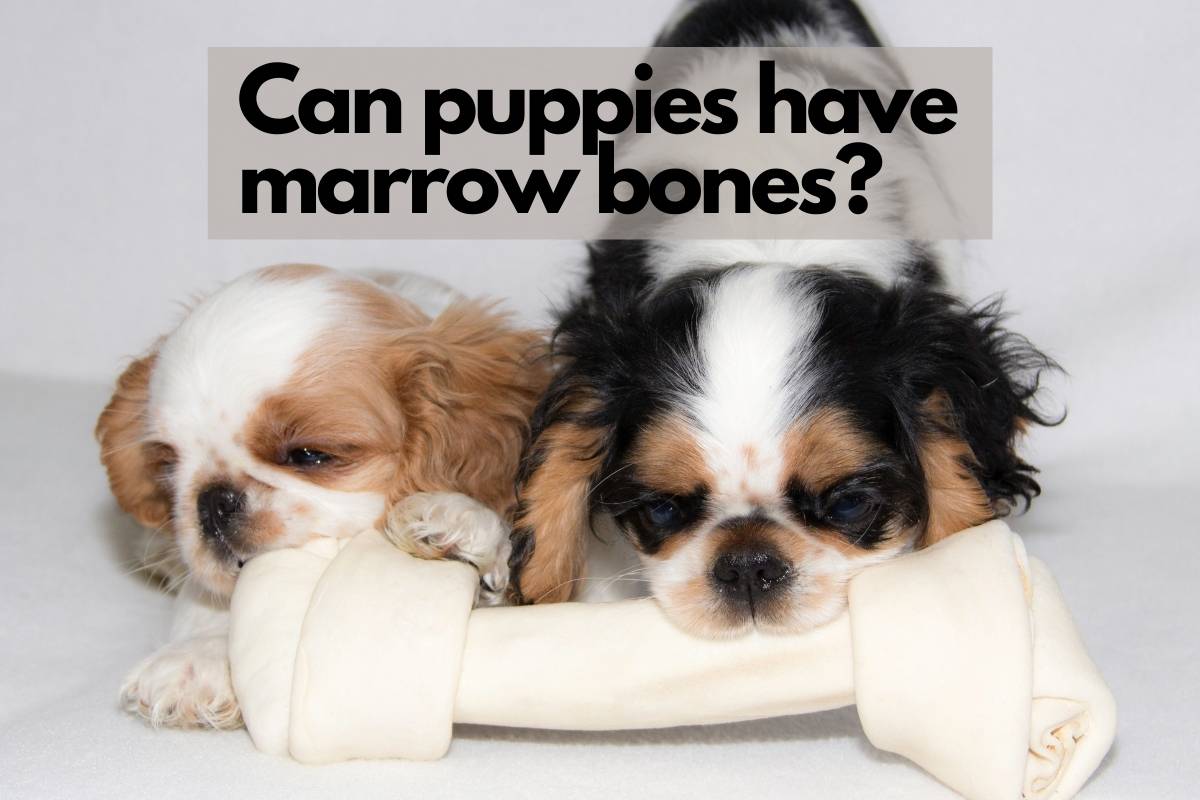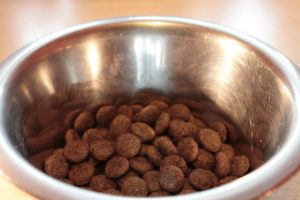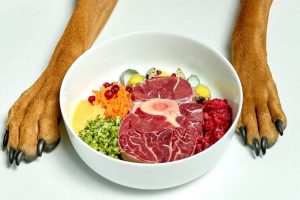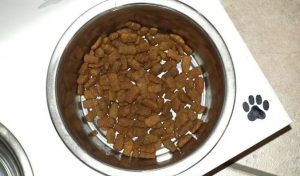Puppies are like babies and they depend on us for everything. As a responsible dog parent, we all want our pups to be safe, happy, and healthy.
Bones provide the calcium that your four-legged friends need. Marrow bones are a source of some added vitamins and minerals. They are also a recreational favourite of many puppies. Puppies keep themselves busy with chewing marrow bones.
You probably have heard that marrow bones are dangerous for pups and this is true of young puppies, you should avoid giving marrow bones to dogs until they are at least 12 weeks old. At this age adult teeth are appearing and chewing the odd marrow bone will help with teething, cleaning and healthy gum and tooth development.
Do puppies need marrow bones?
No, marrow bones are not necessary for a puppy or dog to be healthy, but they do enjoy them.
Providing your puppy has developed his adult teeth then the occasional marrow bone will do him no harm and will actually help with tooth and gun health.
Marrow bones should not be used as an alternative to a good, balanced diet.
Risks of feeding marrow bones to young puppies
There are a few things to think about if you do consider feeding marrow to young puppies. 12 weeks is the recommended minimum age and you should avoid listening to the ‘experts’ who insist that it will be okay to feed them at a younger age.
If I haven’t convinced you then here are some of the risks – they can also apply to older dogs if the ‘wrong type’ of bone is fed or if they are fed too often:
Damage and break puppy teeth:
Marrow bones are too hard for puppy teeth.
When a dog chews on bones, they may break their chewing teeth. Improper size selection of marrow bone causes injuries to teeth and jaws.
This results in the bone becoming trapped around your puppy’s canine teeth.
Mouth or tongue injuries:
The pressure from their bites could cause fragments to break off.
These fragments tend to be sharp and could cause lacerations in your dog’s mouth and throat.
Pieces of bone could also become lodged in their mouths and injure their jaws.
Cause digestive distress:
Puppies have stomachs that aren’t strong enough to digest bones.
Marrow bone pieces can cause indigestion, vomiting, constipation, intestinal obstructions, or diarrhea in pups.
Choking hazard:
When pieces of marrow bone break off, your dog will probably try to swallow them, or they could accidentally slide down the throat.
If those chunks are big enough, they could block your dog’s airway and cause choking.
Pieces of bone can lodge in the pup’s esophagus on the way down to the stomach.
Contain high fat content:
Bones with marrow are high in fat. If your pup is already on a high fat diet, these bones can cause a flare up, runny tummy, or diarrohea.
Risk of bacteria contamination:
With raw marrow bones, there is some risk of bacterial contamination.
This can compromise your pup’s health. However, with proper handling, this risk can be reduced.
Risk of organ damage:
Marrow bones can puncture an organ and may lead to life-threatening issues.
It may lead to Peritonitis, a bacterial infection of the abdomen. Peritonitis is caused by punctures in the stomach or intestines.
What types of marrow bones can puppies have?
If you do decide to feed your dog marrow bones then there are a few things to think about:
Bones should only ever be fed raw – Cooked bones can splinter and break apart which can present a whole range of hazards to your dog, including choking and internal injury.
Processed bones, such as many that you see at pet shops, have often been treated with chemicals to dry and preserve the bone – some dogs may have adverse reactions to these additives.
Do not be tempted to feed poultry, chop or small joint bones to puppies and dogs – these types of bones are most likely to break apart which can have deadly results.
Raw marrow bones are safer than cooked bones. Cooked bones can shatter much easily.
Always check marrow bones for sharp edges.
Choose the correct size of bone. It shouldn’t be too big or small for your puppy’s muzzle. Avoid the large marrow bones because they do break teeth. Avoid small bones like neck bones as your pup might swallow them as a whole.
As marrow bone dries, it gets harder and more likely to splinter.
Store marrow bones properly to reduce bacteria contamination.
Never leave your puppy alone with the marrow bone. When you watch signs of danger, take it away from your pup.
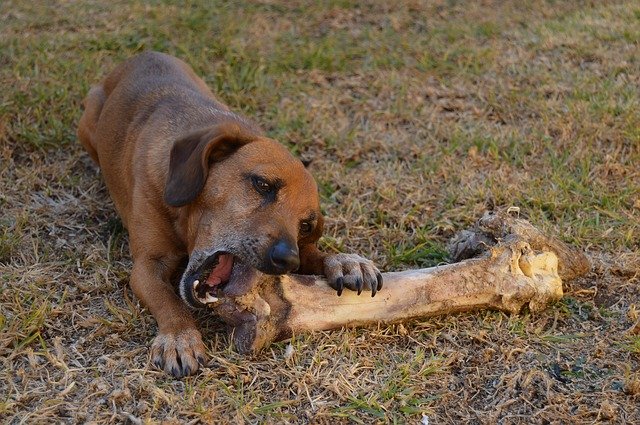
Rules for feeding marrow bones to puppies
There are a few basics to remember when feeding bones to puppies.
The golden rule is to never leave your dog alone with a bone – you should always supervise in case any problems occur.
Be watchful – If the bone does splinter then you can take action.
A bone should be a treat – it is not the main meal and marrow bones should only be given after the puppy has eaten.
Educate – other household members particularly children need to understand that puppies and dogs love bones and can become very protective of them.
They need to leave the dog alone when he is enjoying his bone.
Bones carry bacteria – these may be harmless to your puppy but could make humans unwell.
Keep the bones away from eating areas and always wash your hands properly after handling the dog’s bone.
Don’t keep bones for long – throw them away before they dry out or at the first signs of smelliness of change of colour.
Final words
There you have it! Your pups deserve only the best.
All dogs have a natural desire to chew. As a dog parent, we should provide them with chewing options that pose no health hazards.
By all means use marrow bones but choose the right sort, don’t feed too often or at a young age and alwasy supervise your puppy when he is eating one,
As an aside there are many vets and dog experts recommend that the nutritional benefits that the puppy can get from marrow bones isn’t worth the risk.
There are other safer ways to get nutrients and physical and mental stimulation as marrow bones and you may wish to speak to your vet if you have any concerns.

